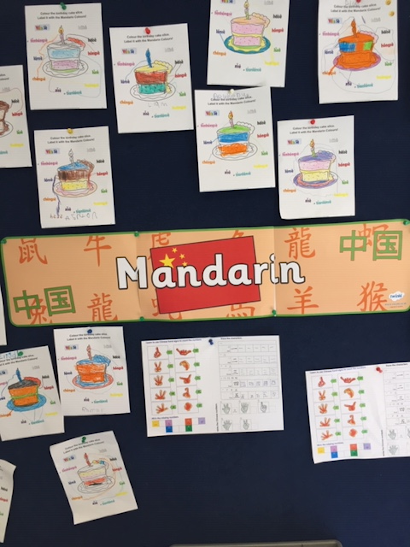Oropi School principal Andrew King explains how the intercultural strategy at Oropi School involves the implementation of meaningful cross-cultural initiatives.
The Hangzhou Sister School Partnership Programme
The Hangzhou Sister School Partnership Programme was facilitated through Oropi School’s involvement with the the Centres of Asia–Pacific Excellence. This project has opened our eyes to new ways of working and has had a significant impact on learning and teaching. This project saw e-buddies established with classes of students in China, Korea and India. All students participate in Mandarin and Korean learning, and they have also been involved in local humanitarian projects and an international ambassadors programme.
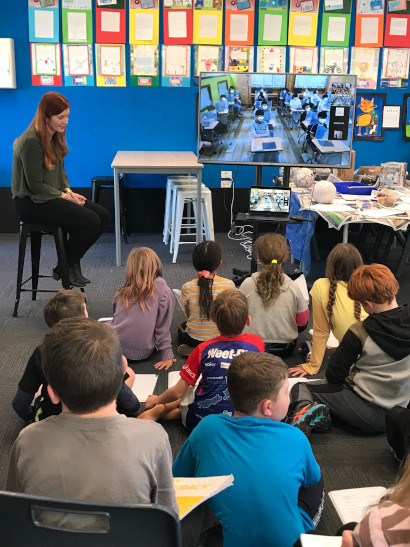
We were excited to engage in project-based learning and inquiry with students from a school in China. We questioned how we could best develop a connection where our students could gain insights into our topics of study from students who are studying similar subjects on the other side of the world. Talk about embracing and valuing different perspectives and new ideas!
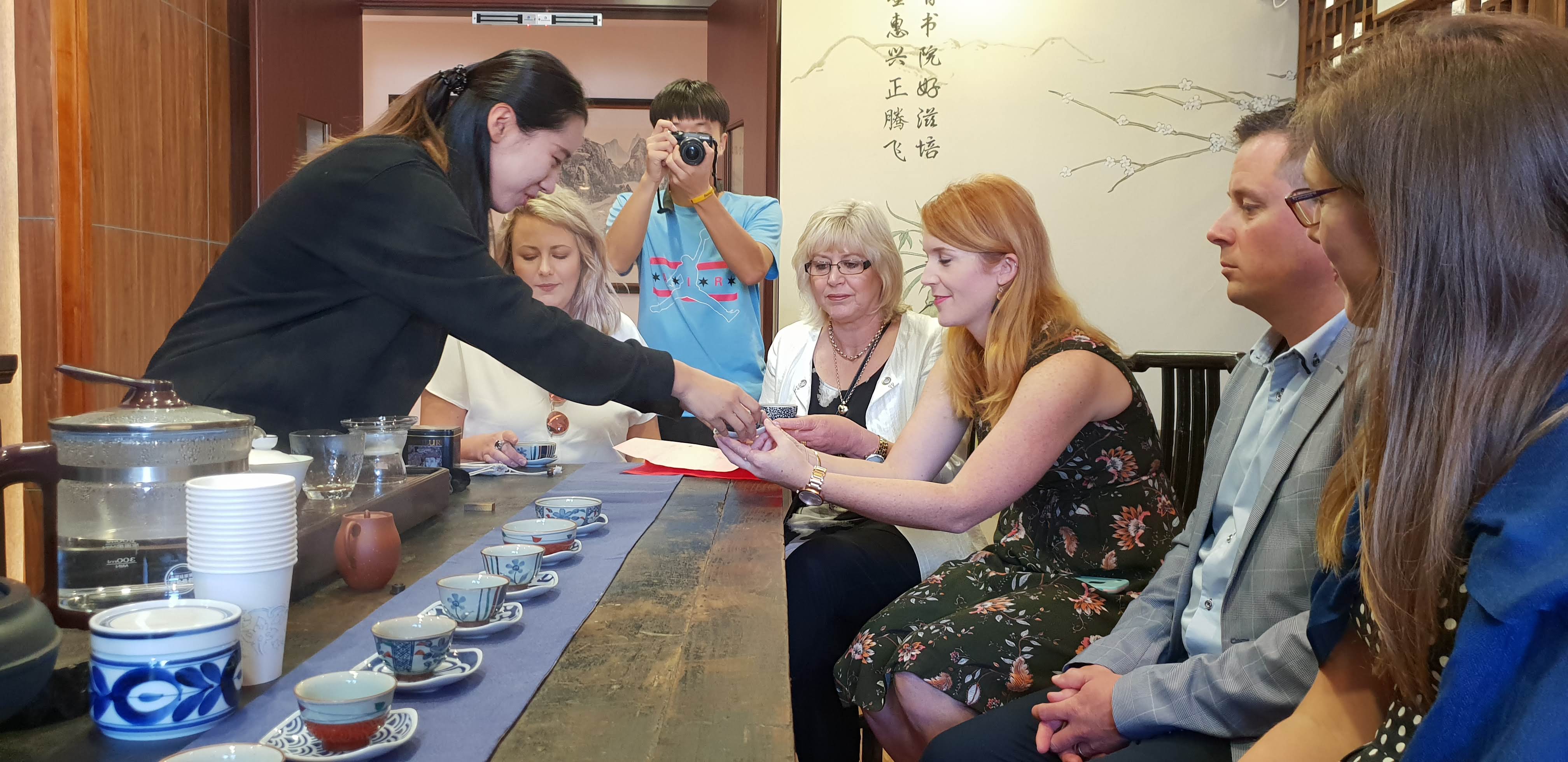
How we got started
Our aim was to expand our knowledge and understandings through this cross-cultural connection. Initially, there were the usual formalities where our schools were introduced to one another. An essential next step was to show, explain and highlight the features of our school and our localised curriculum. We then identified points of difference and reasons for wanting to connect.
During our first in-person visit to Hangzhou, we showcased aspects of our curriculum. For example, at Oropi School, we have a play-based curriculum, forest learning opportunities and a Garden to Table programme. Our children use these contexts to collaborate on projects, inquiries and passion projects that are based on interest. During this first visit to Hangzhou, we shared how we could gain insights from students in our sister school about gardening, cooking, environmental sustainability and the sorts of play that Chinese students value and are involved in. Our intent was to develop and enhance our own understanding in these curriculum areas.
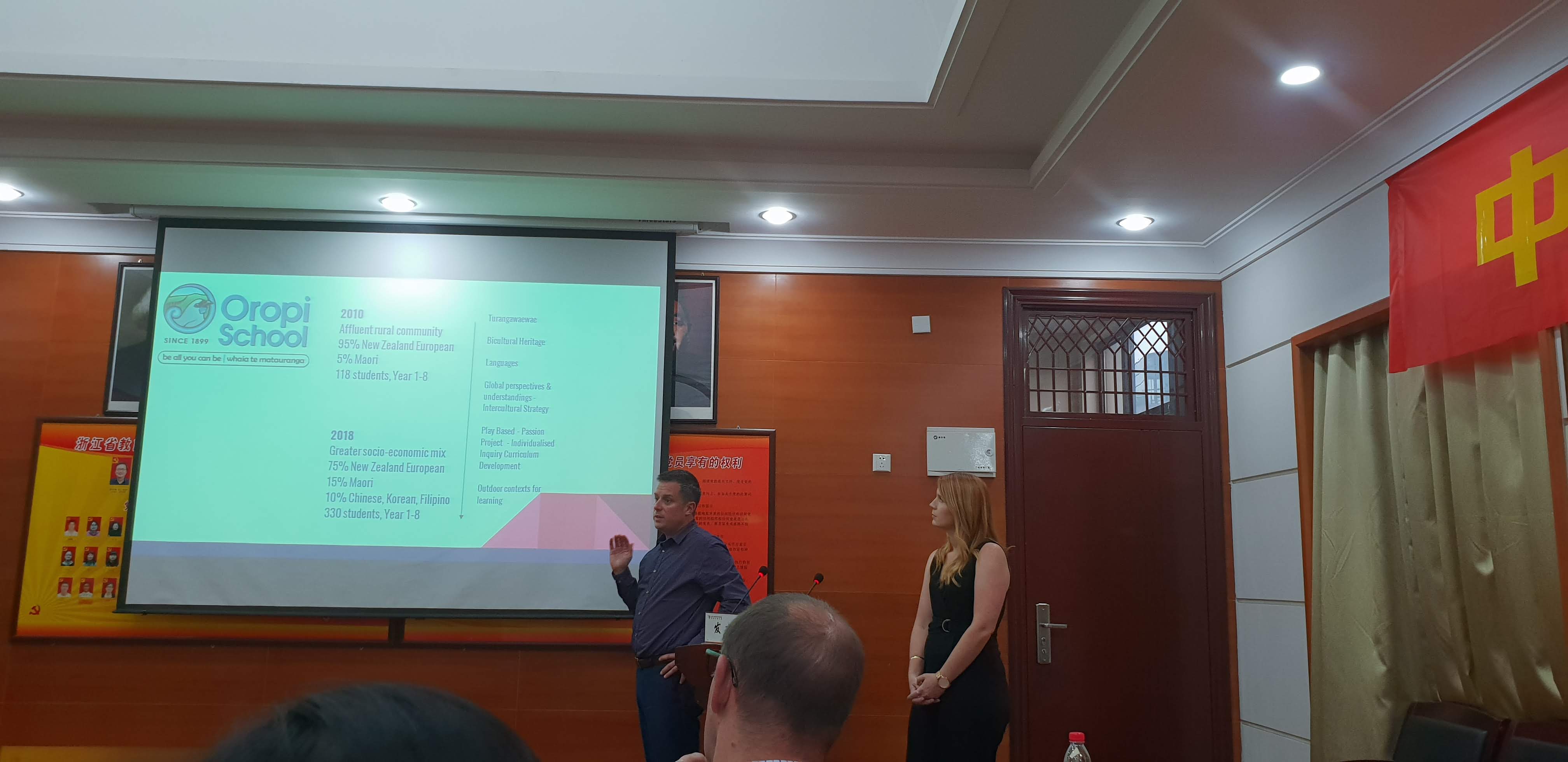
How we’re developing the partnership
We used WeChat to continue to exchange information. One specific project was to develop a Chinese aspect to our Garden to Table programme. We were able to ask students and teachers at our sister school questions. What sorts of produce should we grow to cook Chinese recipes? What conditions do these plants need and how do we grow them?
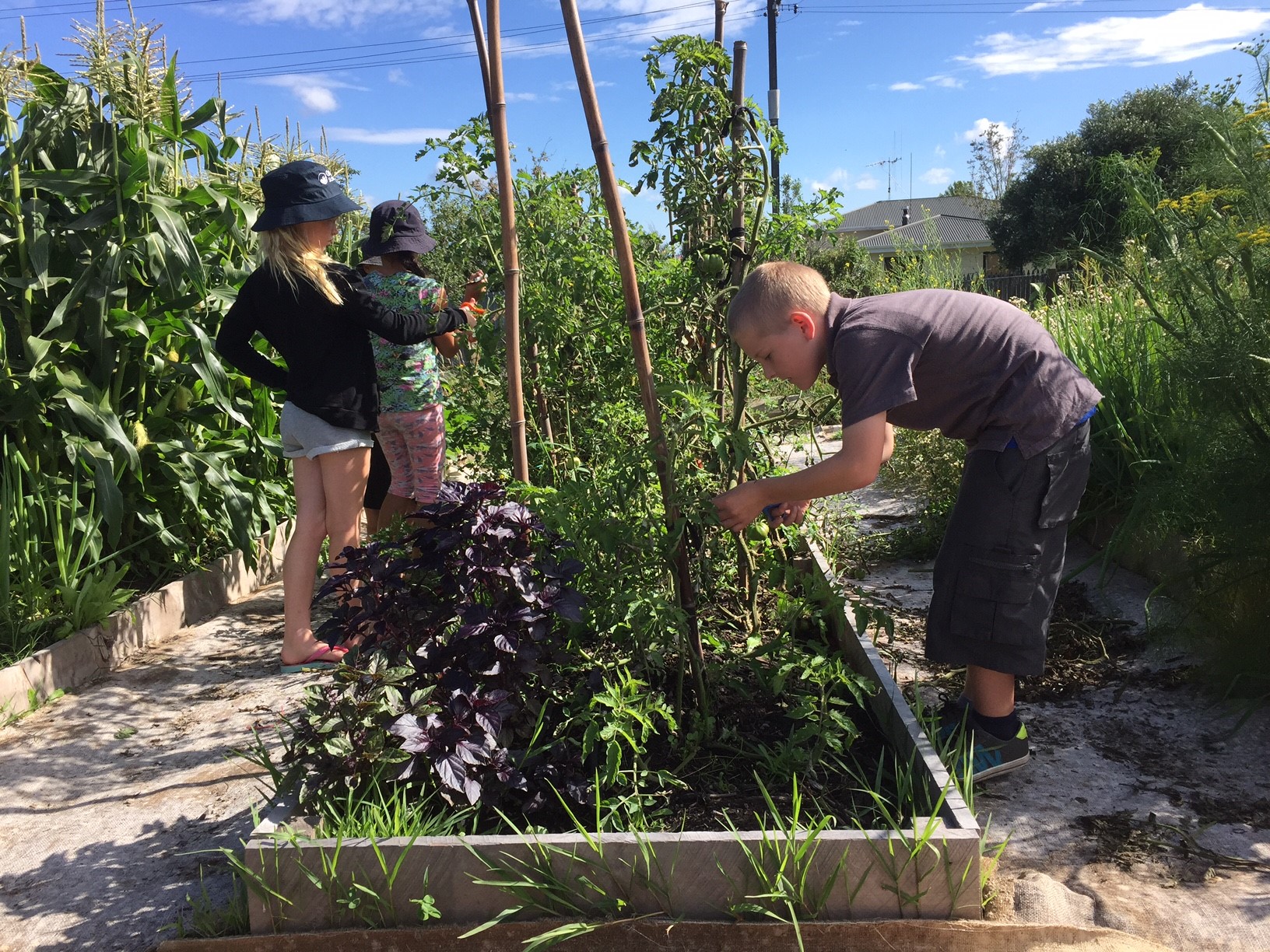
Planning for future learning
As we grow this project, the opportunities become endless. We could share recipes, have an online cooking show and upload videos. We could even do virtual taste testing – if there is such a thing!
We also want to set up groups of Oropi School students to investigate the environmental sustainability of our gully. What knowledge do the Chinese students in our sister school have about tree planting for future sustainability?
As we develop our play-based curriculum at Oropi School, we could investigate the sorts of play Chinese students like to participate in during their spare time.
Another next step for teachers will be sharing their knowledge of teaching literacy, numeracy and language learning (namely English and Mandarin) with each other.
